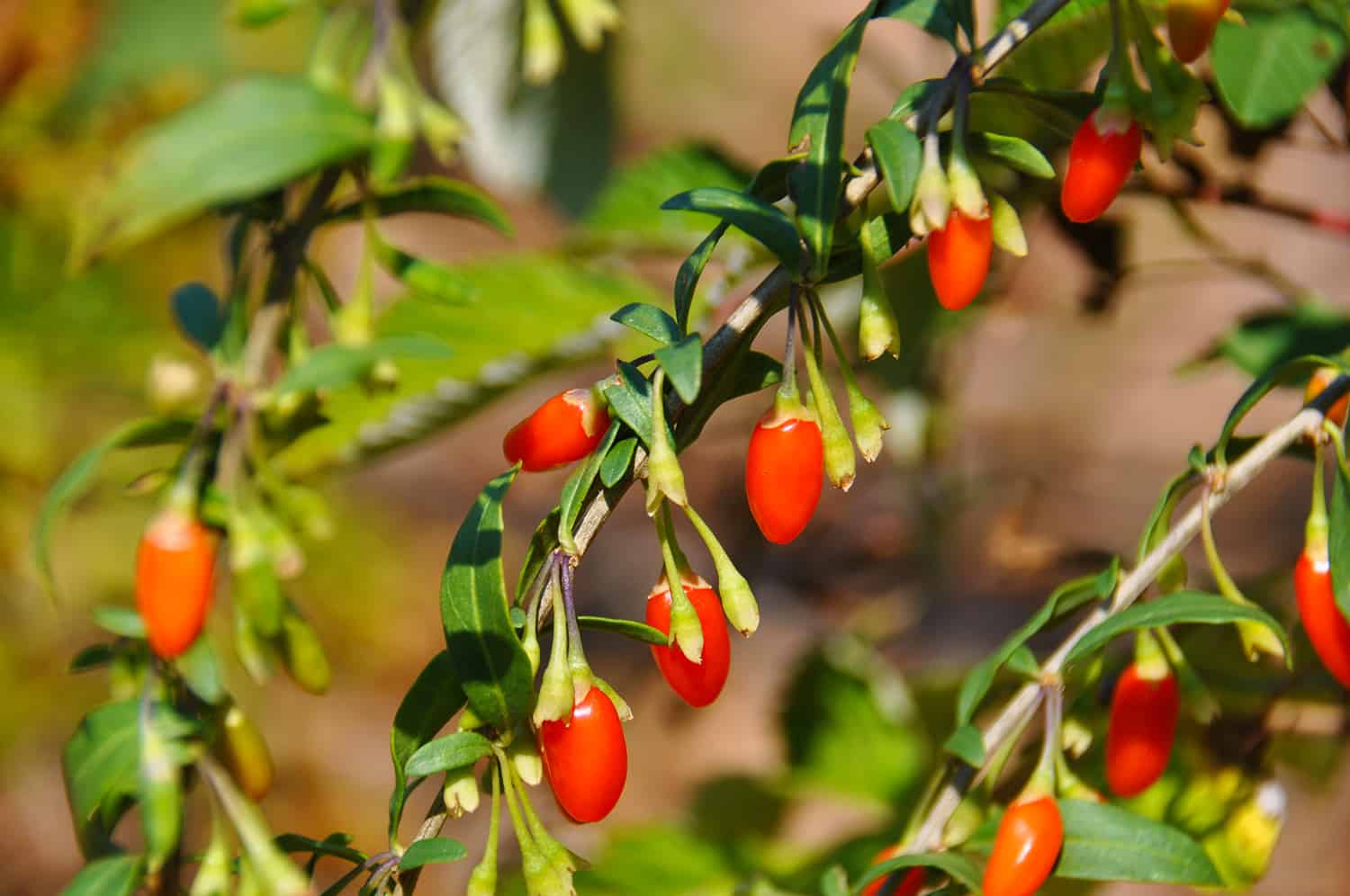
Centuries ago, many legends have been created around the shrub that produces “red diamonds”. First written records about the goji berries are supposed to date back to the Chinese Tang dynasty (618-907 A.D.), and their reputation, that of “red diamonds,” is also confirmed by studies. Being very rich in antioxidants, these fruits are a source of nutrients for human health, with many benefits for the body. Therefore, it’s now cultivated in more and more regions of all over the world.
Goji plantations are becoming increasingly appreciated by farmers, especially because they can be set up on small surfaces, but also because of the considerable incomes that can be obtained from them, of at least 20,000 euros per hectare, in year 3. However, goji crops are not accessible to anyone, especially because of the high costs of cuttings, which can reach prices between 3,500 euros and even 10,000 euros, for only one hectare.
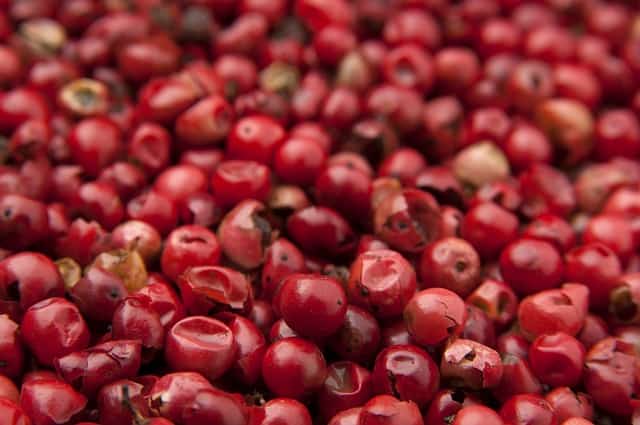
Planting and maintenance of goji berries
Although it’s considered an exotic culture, goji is a sturdy and unpretentious bush that grows relatively easily and has adapted very well to climates in other countries. In the first two years, goji resists to low temperatures of -23 degrees Celsius and up to -30 degrees Celsius afterwards, and the maximum supported temperatures can reach up to 38-40 degrees Celsius. Goji prefers areas with plenty of sun exposure and moderate soil humidity. A special requirement is that goji doesn’t develop well in acidic soils. Preparations for setting up a goji plantation start in the autumn when the land is properly plowed.
Planting is best made during autumn season because the earth has plenty of water and there is no need for irrigation. If goji is planted during autumn, then 40 cm cuttings are recommended because they are more resistant. 20 cm goji cuttings can also be planted in the spring, but in this case irrigation is needed.
Shady places, associated with high humidity, as well as the soils with water in excess, can create major difficulties in developing a goji plantation. The planting distance is between 1.5 -2 m. After planting, they must be supported either individually on poles or on a trellis.
Although goji plantations are suitable for a wide range of soil types, some types offer the best conditions for their development, such as calcimorphic soils, tundra, sandy, lumpy or black soils.
It’s also important to ensure that the land or at least the planting holes have a slightly higher soil pH of about 7.2-7.5. To raise the pH of the soil it’s advisable to use lime or lime and zeolite products. Avoid planting goji on alluvial lands, because they may become flooded.
For the first year, when the plant reaches a height of 60-80 cm, the top of the stem is cut to stimulate the growth of the branches. There will be no more than 3-4 branches to develop. From these branches, one branch will be chosen as the main stem for the next year.
In the second year, at the branch that was chosen as the main stem, the tip must be removed, by cutting it at a distance of 60-80 cm from the first branch. In this way the growth of a new branch of the shrub is stimulated. These cuts help to give the most optimal shape for the growth of the plant.
The blooming period occurs for goji in May, so the farmers have the opportunity to harvest the first fruits from June until the end of October.
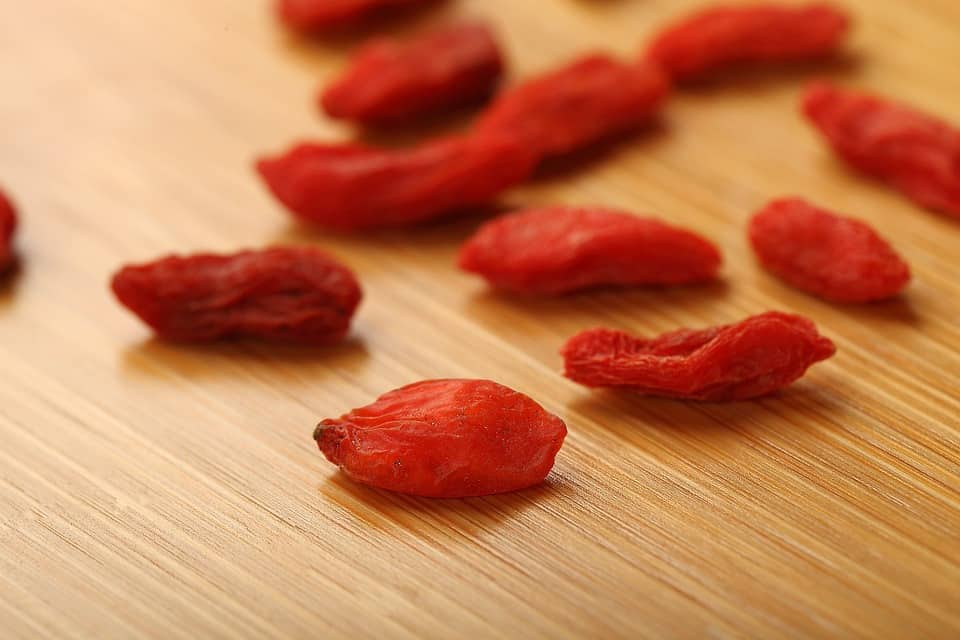
Uses of goji berries in the industry
Goji berries are often consumed as dried fruits, but juices and other foods containing goji berries are also wildly popular. Certain producers have launched goji wines, goji beer and even goji coffee. These berries are also used in the cosmetics industry, especially in anti-aging products, because of their high antioxidants content. There are also plenty of dietary supplements containing goji extracts sold all over the world. Most likely, the dietary supplements are also the source of the controversies regarding this fruit.
Some of the largest goji producers have created miraculous image around this fruit. It’s supposed to contain nutrients for the body that help prevent and even treat certain diseases and fight against the otherwise unstoppable effects of aging.
Goji contains minerals like magnesium, iron, calcium, potassium, copper or selenium, 18 amino acids, vitamin A, vitamin B, B2 and B6, vitamin E, polysaccharides, unsaturated fatty acids, antioxidants, phytosterols and phenols. Therefore, it can be considered as offering plenty of health benefits.
Goji producers boast these fruits for the extraordinary properties they have against various medical conditions. It seemed that goji was the universal “medicine” that helps all organs work at optimal parameters. The liver, the kidneys, the heart, the eyes, the muscular system, the bone system, all can benefit from the goji consumption.
Since the early 2000s, goji has been marketed in stores as a dehydrated fruit, but also in the form of concentrated juice, goji pulp puree, powder, seeds and seed oil.
The most common form of marketing is, however, dried fruit, to which some specialists are reserved regarding their properties and benefits. Although goji is praised for its high vitamin C content, it seems that in reality the amount of ascorbic acid in dried fruit is similar, if not identical, to that of many other fruits such as citrus, strawberries, apricots or blueberries.
Since goji was presented as a miraculous fruit indicated in treatments against various diseases, complaints were made in the United States against false marketing. Claims of goji producers who used false advertisements and deceptive texts that attract buyers were brought into public attention.
As a consequence of this, many producers have added into their presentations that goji consumption will do no wonders unless it’s helped by a healthy diet, adequate water consumption and an active lifestyle.
Nevertheless, goji continues to be regarded as a superfood and it can often be found in shops specialized in natural products and food supplements based on natural extracts. This means that there is a string market for goji producers, especially for those who use ecological farming to obtain their crops.
The goji berries market
The largest producer of goji berries is Zhongning County in China, exporting 3,500 tons of goji berries in more than 30 countries in 2015. However, Chinese imports to the USA and the European Union have been decreasing, because of the pesticides use on goji plantations.
This creates a launching ramp for other smaller goji producers who use ecological farming. Given the adaptability of goji shrubs, it’s possible to grow this fruits in many regions of the world, even in smaller plantations. What is certain is that there is a market for these berries, especially given people’s increasing preoccupation of eating healthy and consuming dietary supplements based on plant extracts.
The goji berry market is expected to grow even further until 2027, due to its applications in the food and beverage industry, in the pharmaceutical industry and in the cosmetics industry. Considering these forecasts, it’s safe to say that investing in a goji plantation might be a decision worth considering for farmers all over the world. However, they must keep in mind that it takes some time to obtain significant profits from goji plantations.

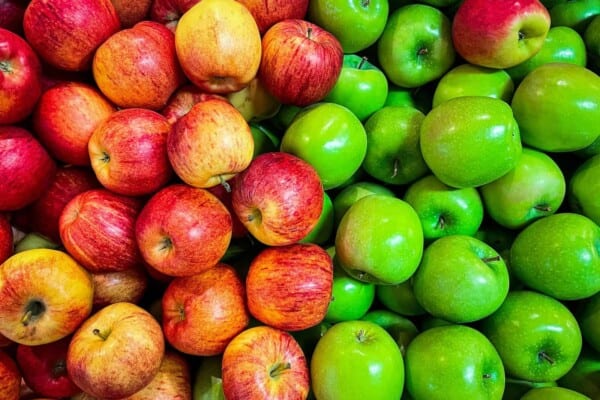
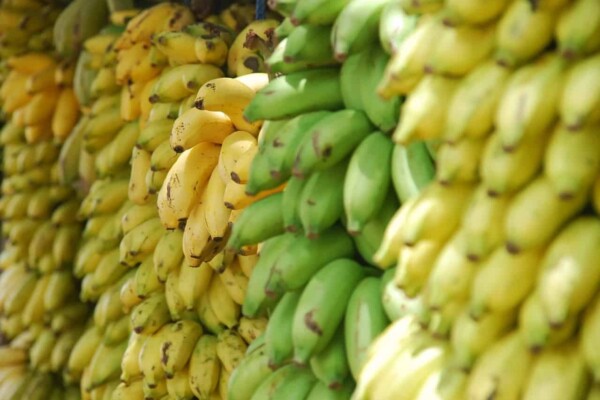
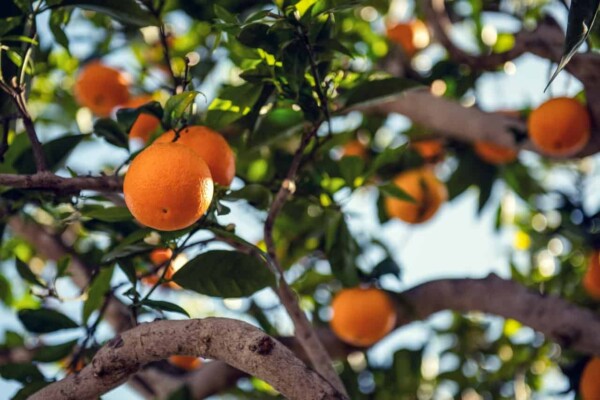
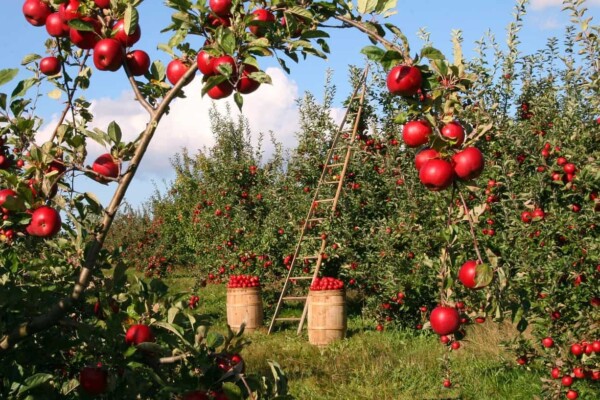

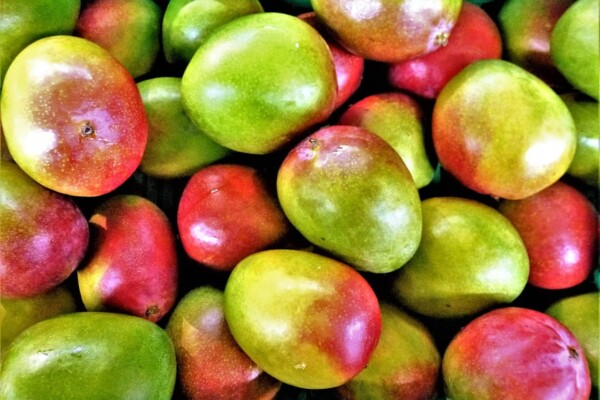
Hello to whom it may concern,i’m from Morocco I have 5 acres of land which I’m going to use for a plantation of gogi berries,looking for a buyer,with a signed contract between us for the duration minimum of 15 years.
Hello Younes Assad
Contact me at 00212661431089
Hi we have 100 Hectares that we would like to put under Goji berries would you be interrested in buying from us on a long term contract?
You can whatsapp me on +260969801295